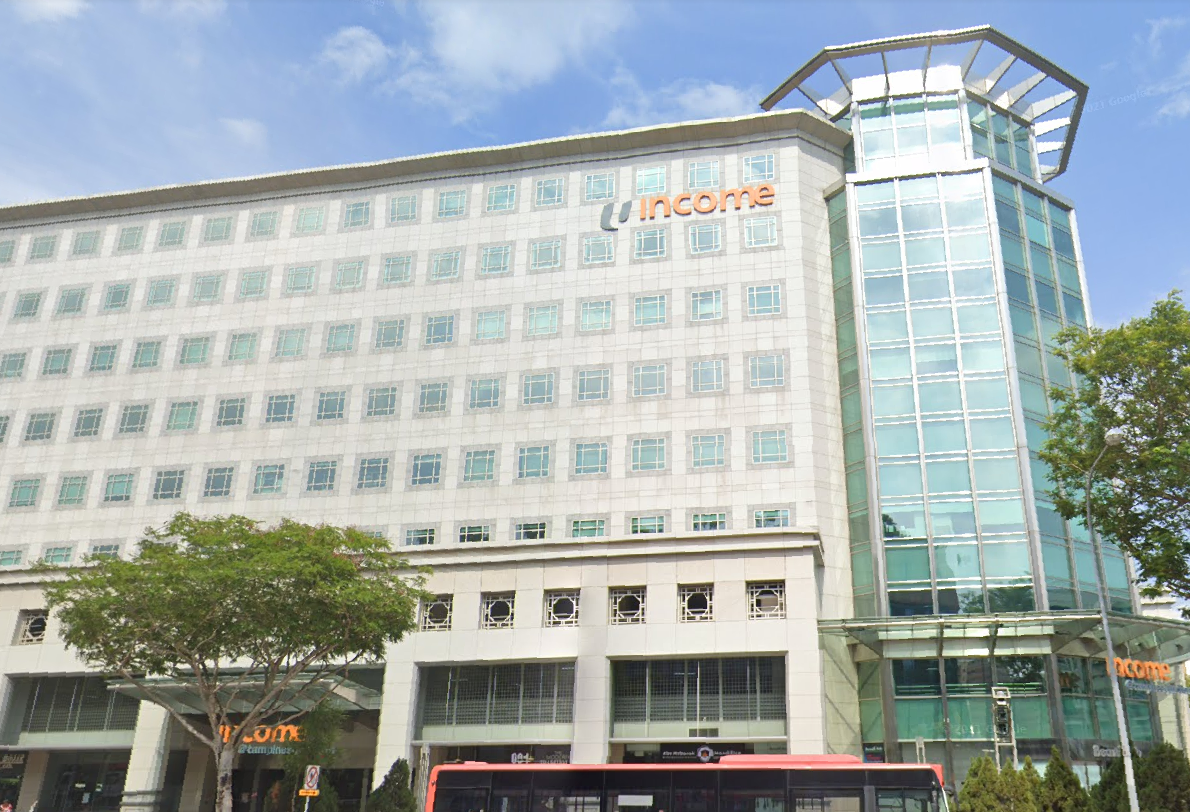askST: What is a co-operative?
Sign up now: Get ST's newsletters delivered to your inbox

NTUC Income will be changing from a co-operative, or co-op, to a corporate company.
PHOTO: SCREENGRAB FROM GOOGLE MAPS
SINGAPORE - NTUC Income announced on Thursday (Jan 6) that it will be changing from a co-operative, or co-op, to a corporate company.
But what is a co-operative and how is it different from a corporate firm? The Straits Times answers some of these common questions.
What is a co-operative?
A: Co-operative societies, or co-ops, are membership-based enterprises that operate on the principles of self-help and mutual assistance, according to the Ministry of Culture, Community and Youth (MCCY).
Most co-ops have social missions to benefit the greater society in which they operate.
Some well-known co-ops in Singapore are NTUC Fairprice, NTUC First Campus and NTUC Foodfare.
Co-ops are still business-driven, but they are also anchored in their social mission to help Singaporeans and residents by moderating the cost of living.
How many co-ops are there in Singapore?
A: According to the MCCY website, there are 85 co-ops in Singapore, of which 63 are in the consumer and service sectors.
The remaining 22 are credit co-ops, which provide financial services, such as taking in deposits or granting loans, to associated members or those in a particular community.
The co-ops in Singapore range from stores selling affordable goods on university campuses to those providing services or support to specific groups of people, such as the Methodist Co-operative Society and the Employment for Persons with Intellectual Disability Co-operative.
What is the difference between a co-op and a corporate firm?
A: A co-op's main purpose is to serve the interest of its members in terms of promoting some sort of social, economic or cultural benefit. A corporate firm's main purpose is to make profit for its shareholders and investors.
In Singapore, companies are governed by the Companies Act, which regulates aspects such as company structure, shareholder rights and duties of directors and officers.
What other types of companies exist in Singapore?
A: There is a variety of business entities in Singapore registered under the Accounting and Corporate Regulatory Authority.
For instance, a sole proprietorship is a business owned by one person.
An association of two or more persons carrying on business with a view to profit together is a partnership. When there is a partnership that consists of two or more people, with at least one general partner and one limited partner, the business is a limited partnership.
Furthermore, a limited liability partnership is a partnership where the individual partner's own liability is generally limited.
Finally, a company is a business form that is a legal entity separate and distinct from its shareholders and directors.
Which other companies in Singapore have gone from being co-ops to corporations?
A: Land transport company ComfortDelGro is one such example. It was formed in 2003 through the merger of two firms - Comfort Group and DelGro Corporation.
Comfort Group was a co-op under NTUC and became the first co-op to corporatise in 1993.
At the time of merger, it was Singapore's biggest taxi operator, with a fleet of 11,340 vehicles under its Comfort and Yellow-Top brands. It also had 401 buses plying unscheduled routes.
At the time of merger, it was Singapore's biggest taxi operator, with a fleet of 11,340 vehicles under its Comfort and Yellow-Top brands. It also had 401 buses plying unscheduled routes.
DelGro was the parent of SBS Transit, Singapore's foremost bus operator then and also ran a fleet of 5,116 CityCab taxis.
The merger and corporatisation meant the firm could achieve economies of scale and compete on the global stage.
Similarly, NTUC Income said it is proposing its corporatisation exercise for long-term competitiveness and to support its growth locally and overseas.
The proposed corporatisation exercise is expected to be completed in the second half of the year, subject to regulatory approvals and other conditions.


